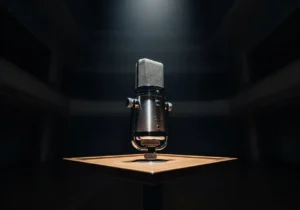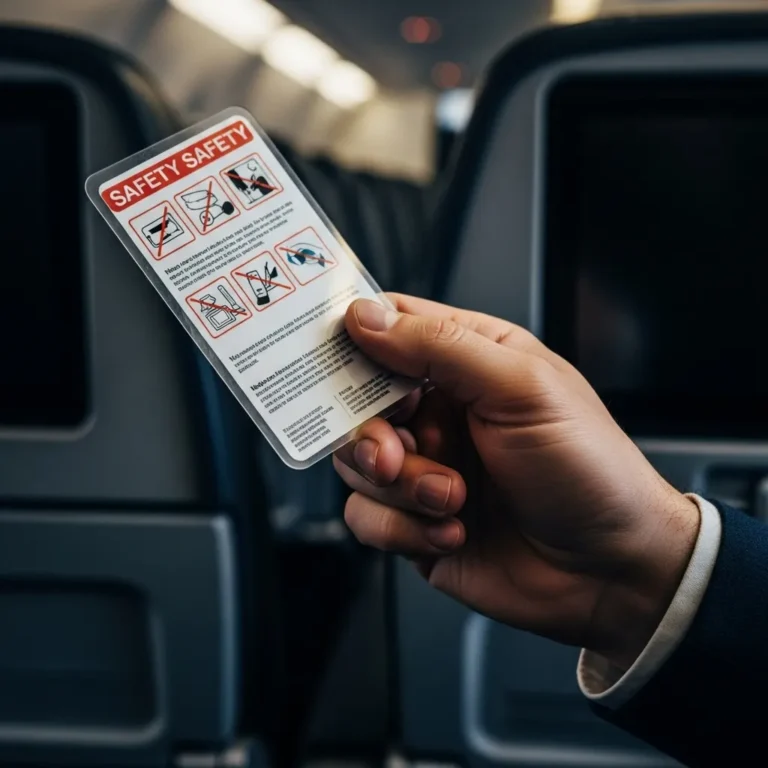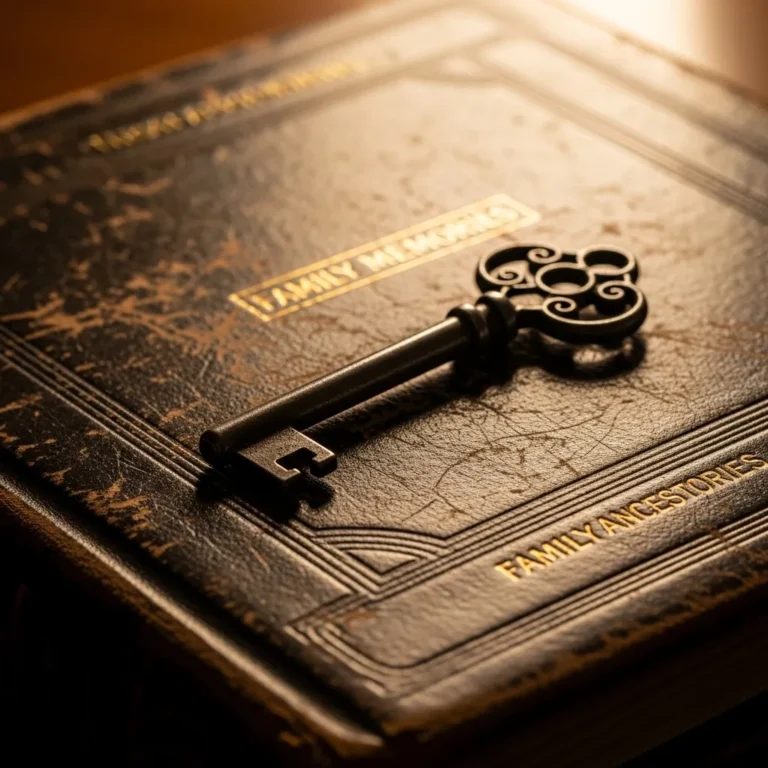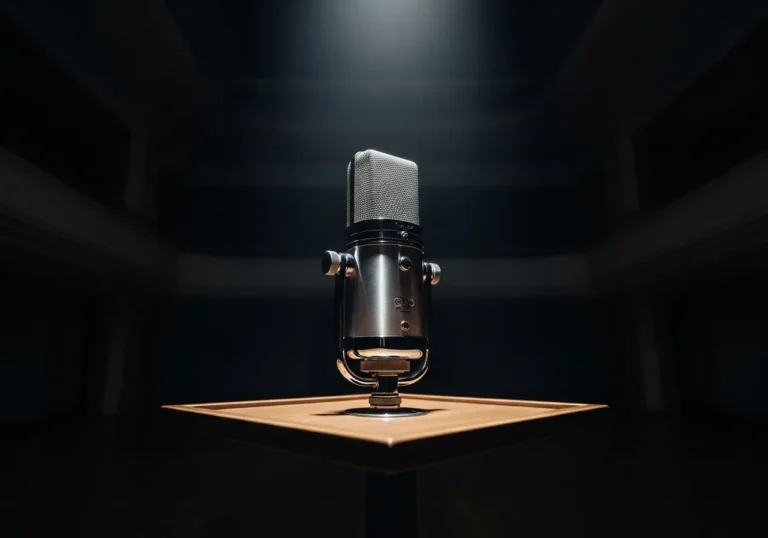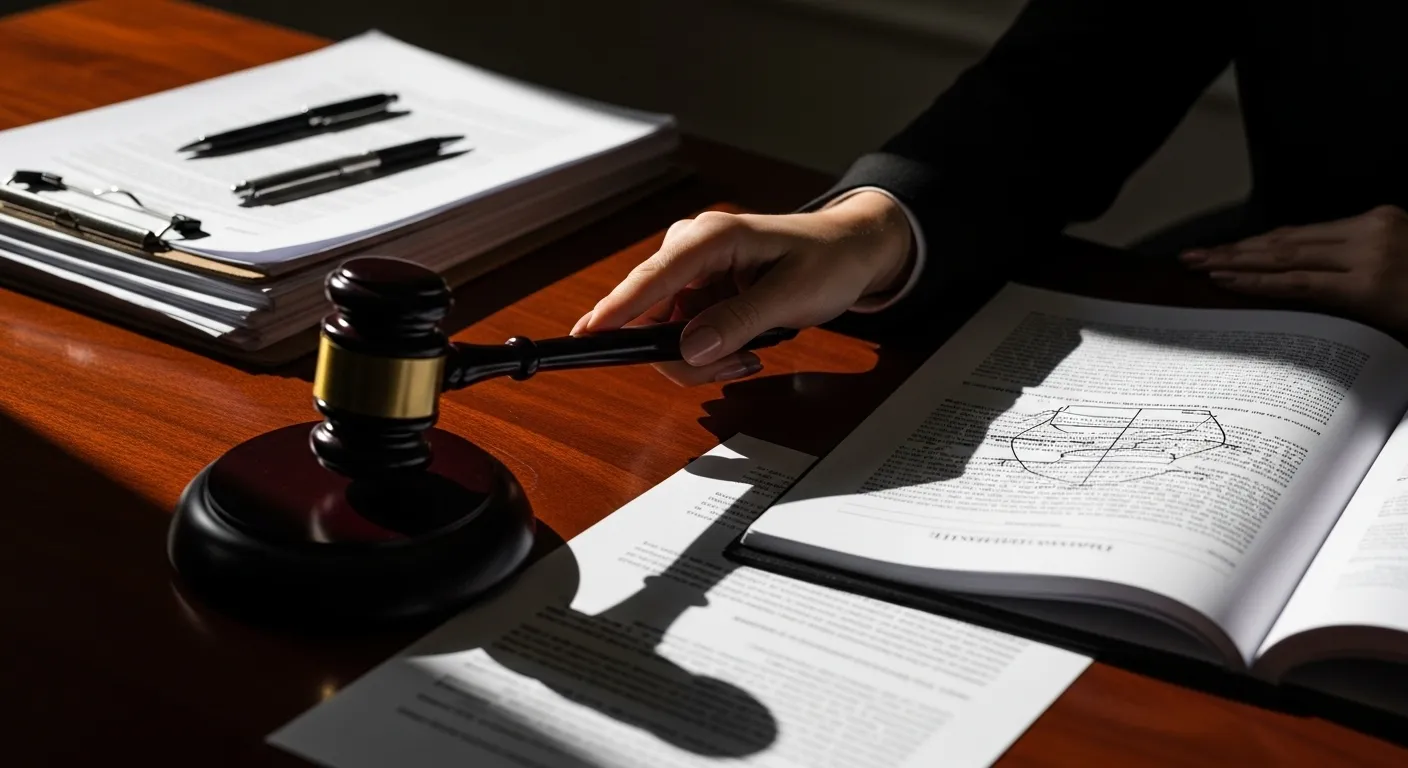
Hillary Clinton: Redefining the Role, Forging a Path
No First Lady before or since has generated the level of sustained, policy-based controversy as Hillary Rodham Clinton. When her husband, Bill Clinton, campaigned for president, he often told voters they would get “two for the price of one.” This was not just a slogan; it was a promise of a new kind of White House partnership, and it set the stage for eight years of debate about the First Lady’s role.
Unlike her predecessors, Hillary Clinton was a highly accomplished lawyer and policy advocate in her own right. She kept her maiden name for a time, a move that was controversial in Arkansas and a sign of the cultural debates to come. Upon entering the White House in 1993, she did not confine herself to a traditional East Wing office but set up shop in the West Wing, the center of presidential power. She was almost immediately appointed by the President to lead the Task Force on National Health Care Reform.
This was an unprecedented move. A First Lady was now in charge of formulating a major, complex, and politically fraught piece of domestic legislation. The process was secretive, drawing immediate fire from Republicans in Congress, the medical industry, and the press. They questioned the legality and propriety of a president’s spouse, an unelected official, holding such a powerful position. The plan, dubbed “Hillarycare” by its opponents, ultimately failed in Congress, and the controversy cemented an image of Mrs. Clinton that would follow her for the rest of her political career: that of a brilliant but polarizing policy operative who was overstepping the traditional boundaries of her role.
The controversies were not limited to healthcare. From the Whitewater real estate investigation to her “vast right-wing conspiracy” comment, she was a constant focus of political and media scrutiny. Her defenders argued she was being held to an impossible double standard, criticized for being too ambitious and powerful in a role that society still expected to be filled by a more traditional figure. Her critics argued she was improperly using the platform of the First Lady to pursue her own political agenda. The debates she ignited were a reflection of the intense “culture wars” of the 1990s and raised fundamental questions about the role of women, power, and partnership in American politics that continue to resonate today. The National First Ladies Library offers extensive scholarship on her tenure and its historical impact.



